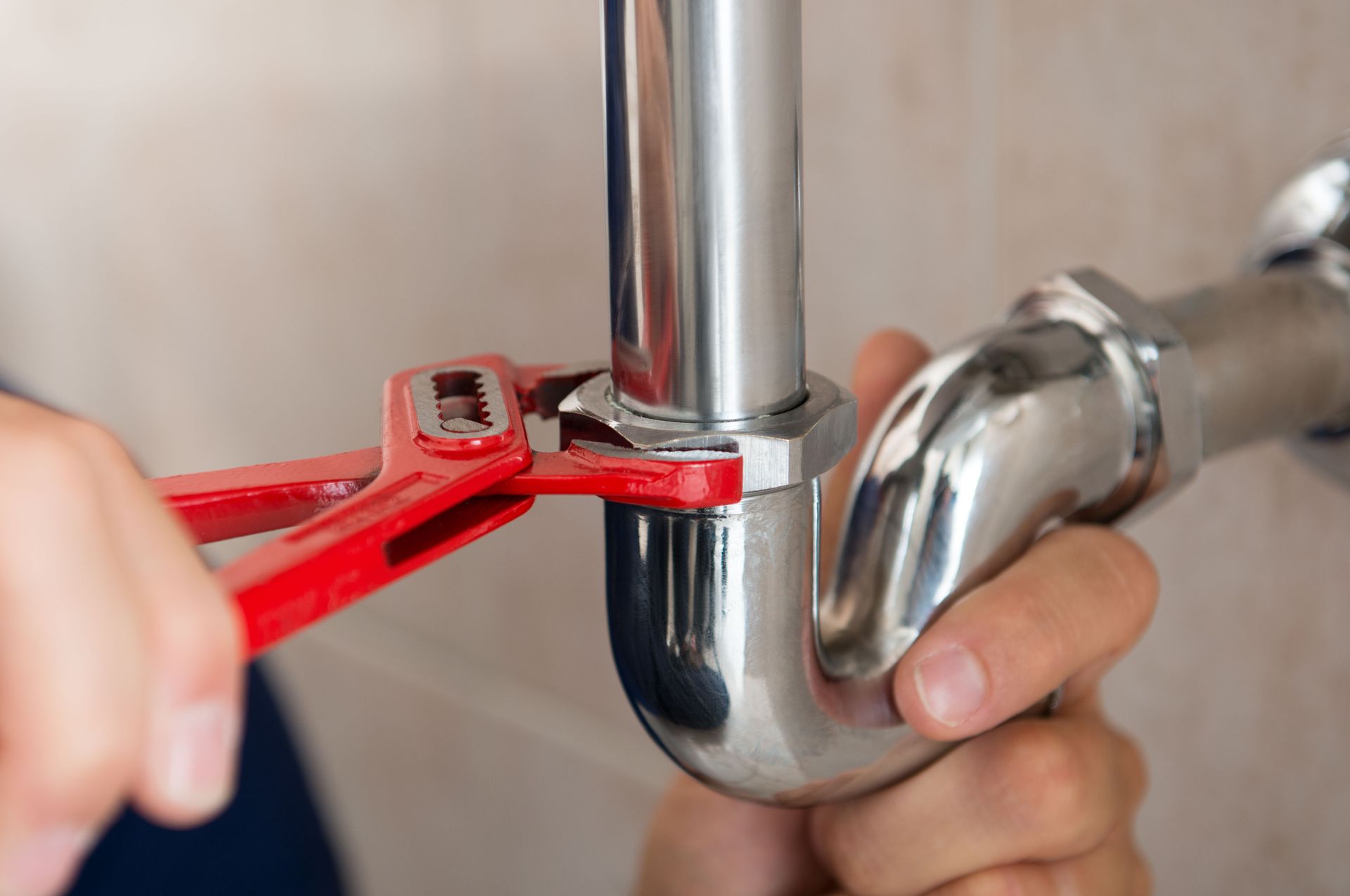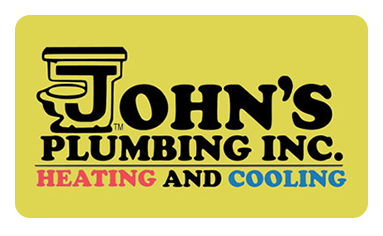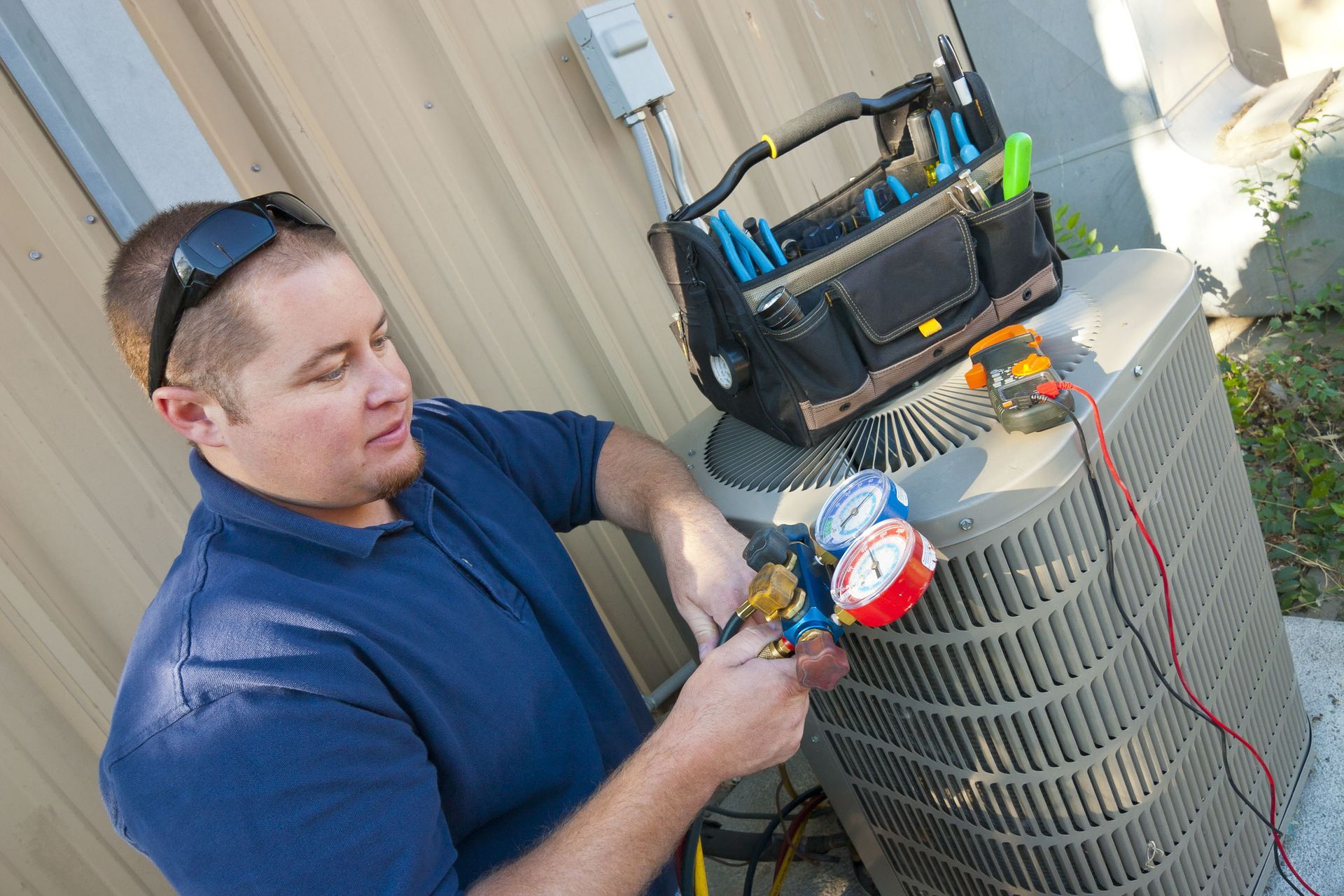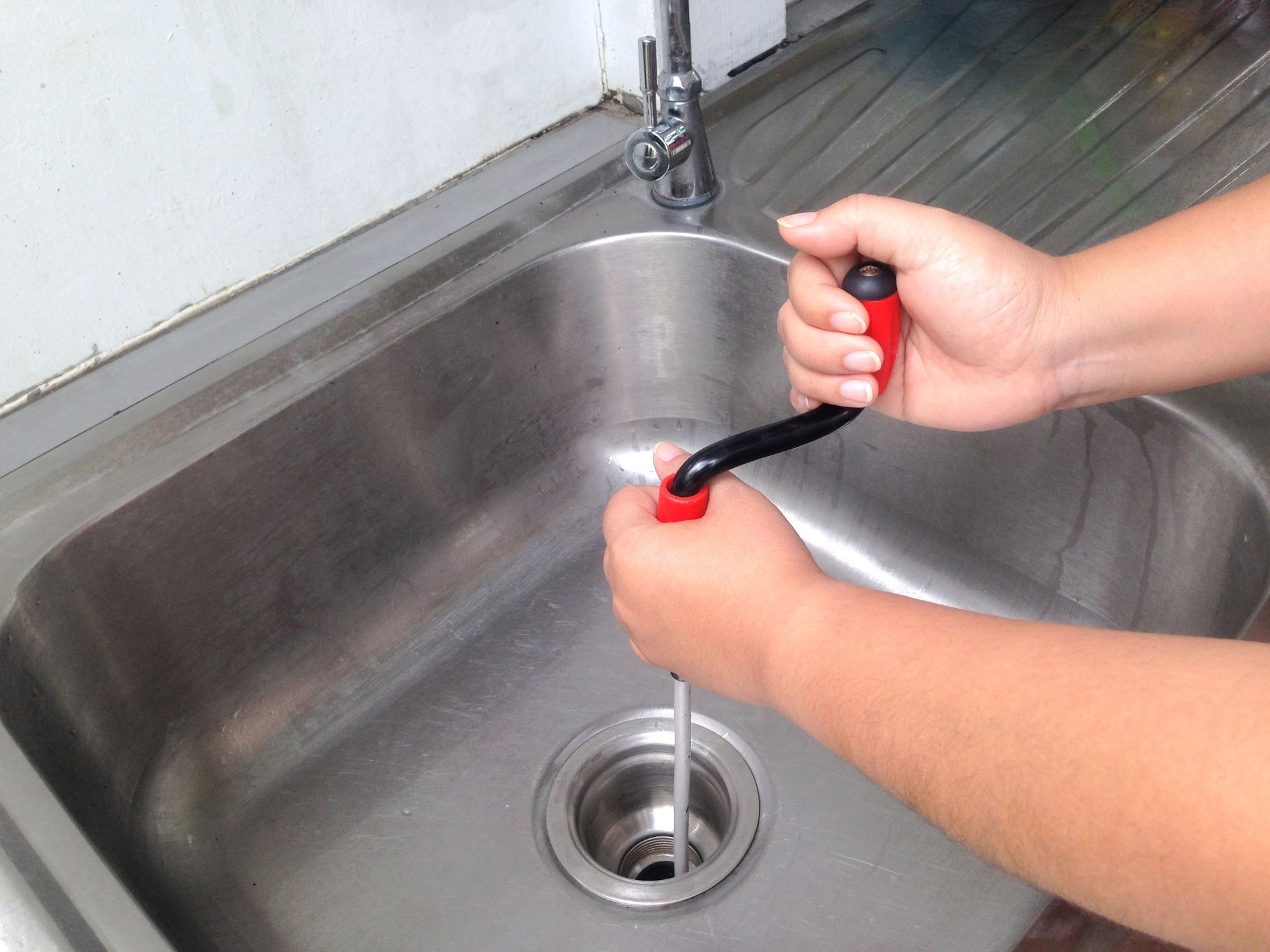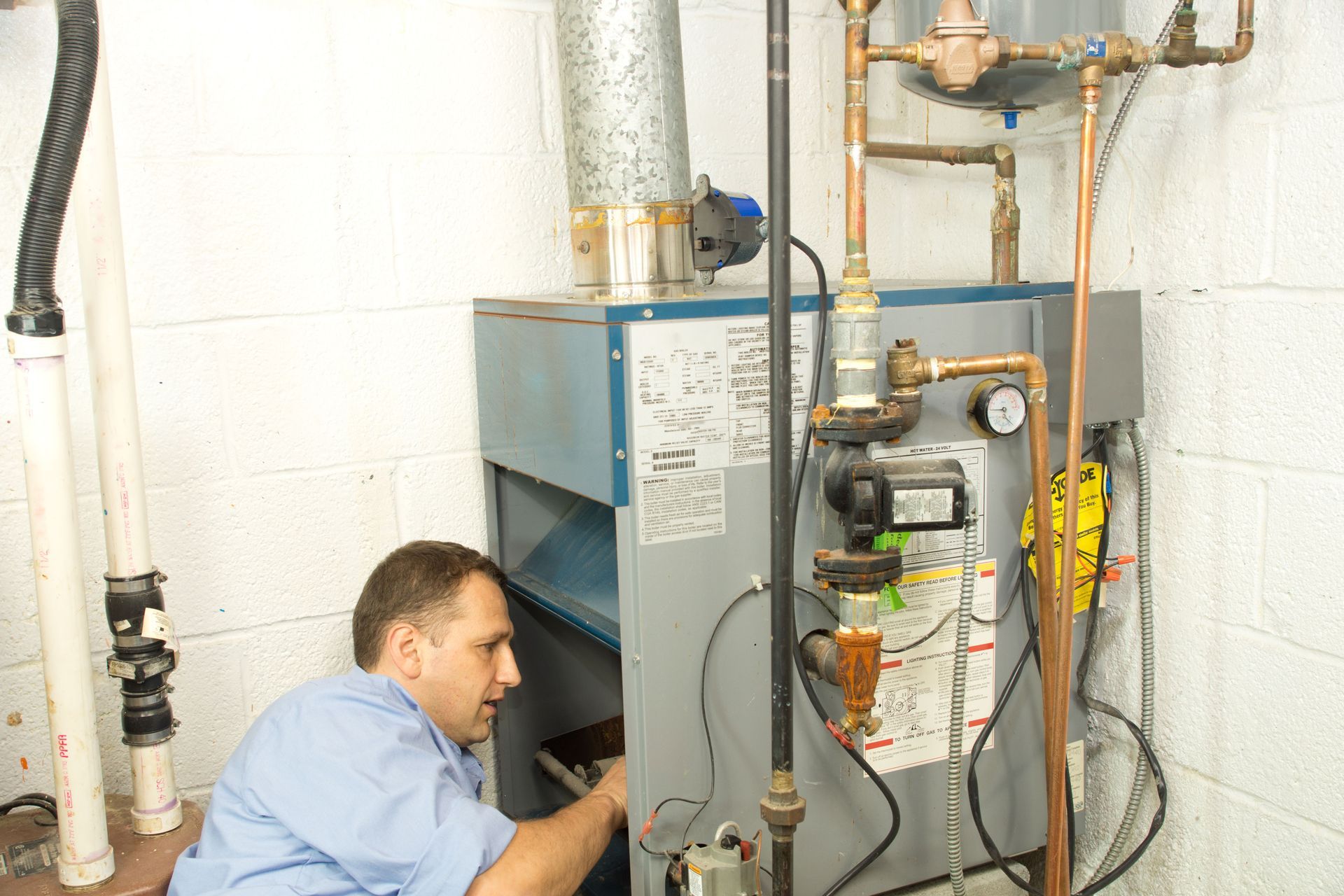August 12, 2025
Proper drain maintenance is often overlooked in the grand scheme of home upkeep, yet it plays a vital role in the overall functionality of your plumbing system. Clogged or dirty drains can lead to a range of problems, from unpleasant odors to serious water damage and the potential spread of harmful bacteria. According to Finance Buzz, 32% of homeowners are actively delaying plumbing repairs, underscoring the need for awareness and prompt action. In this article, we’ll review six key signs that your home may need a professional drain cleaning service. By recognizing these red flags early, you can take proactive steps to protect your home and ensure long-term plumbing efficiency.
Sign 1: Experiencing Slow Draining Sinks
Noticing Prolonged Water Accumulation
Sinks that take longer to drain are more than just a minor inconvenience—they can signal underlying issues within your plumbing. Prolonged water accumulation often indicates a build-up of debris and grease that physically obstructs the flow of water through your pipes. This stagnating water can become a breeding ground for bacteria and unwelcome odors. If left unaddressed, the issue can exacerbate, leading to potential water overflow and related damages. Tackling this problem early on can prevent larger, more expensive issues from arising in the future.
Dealing With Frequent Need for Plunging
Consistently needing to reach for the plunger is another telling sign that your drains are under strain. While occasional clogs are inevitable, frequent blockages could indicate a deeper issue that requires professional attention. Plunging provides a short-term solution that might temporarily alleviate symptoms, but it doesn't address the root cause. Homeowners should monitor their needs for plunging, as a pattern could reveal that it’s time to seek a more permanent remedy. Ignoring this sign can lead to bigger plumbing issues and even potential flooding.
Sign 2: Smelling Unpleasant Odors
Detecting Bad Smells From Drains
Unpleasant odors are not just nuisances; they can be indicators of potential health hazards. Bad smells from drains often occur when waste material gets trapped, decomposing in the pipes and causing a foul odor to permeate your space. Homeowners should regularly check for these odor signals, particularly in less frequently used fixtures. Drain odors can stem from food particles, grease, or even sewer gases seeping into the home. Therefore, quick detection and response to these smells can prevent further complications.
Identifying Common Causes of Odors
Several factors can contribute to the unpleasant odors seeping from your drains. These may include buildup of organic materials such as food scraps or fats that have collected over time. In some cases, hair and soap scum can also accumulate, producing a musty, rancid smell. Additionally, errors in venting systems can cause sewer gases to escape through drains, overwhelming the living environment with a putrid odor. Understanding these causes is crucial for determining the appropriate course of action to restore fresh air into your home. A timely drain cleaning service can eliminate the root cause and prevent odors from returning.
Sign 3: Encountering Frequent Clogs
Observing Patterns in Clogging
Frequent clogging is more than an irksome inconvenience; it often points to systemic issues within your plumbing setup. When clogs occur intermittently but repeatedly, it suggests that there might be a chronic obstruction. Observing the pattern of these clogs can provide valuable insight into their potential causes and extent. Proactively addressing this pattern can prevent more serious complications, such as water backups or damaged pipes. For many homeowners, frequent clogs serve as a signal that professional drain cleaning service might be necessary to prevent escalation.
Understanding Common Culprits Behind Clogs
Basically, a plethora of common household materials might be to blame for persistent blockages and clogs in your drains. Hair, grease, soap scum, and food particles are among the leading contributors to clogged drains. In the kitchen, avoid disposing of large food scraps or pouring grease down the sink, as these can solidify and create formidable blockages. In bathrooms, hair and soap easily clog, reducing the flow of water in pipes. Educating family members about these contributing factors is essential for preventing future clogs and maintaining a smoothly operating plumbing system. A preventative drain cleaning service can help manage these risks before they become emergencies.
Sign 4: Noticing Water Backups
Spotting the Signs of Water Backups
Water backup is often an unmistakable indication of a major plumbing problem requiring immediate attention. Recognizing the early signs of water backup, such as slow draining and water pooling around drains, is vital to mitigating further damage. Unusual water appearance in low-lying home fixtures, like the shower or bathtub, can also signal a backup. By identifying these occurrences early, homeowners can outmaneuver the potential risks of extensive water damage before it progresses. In many cases, water backup is the result of improperly maintained or obstructed drainage systems.
Taking Immediate Steps for Resolution
If you notice water backup, quick action can considerably reduce potential harm. Homeowners should first halt water usage and check the whole drain system for signs of blockages, stubborn clogs, or trapped items. Applying a plunger or a drain snake might relieve minor blockages, clearing the way for normal water flow. However, extensive backups might require professional intervention to identify the root cause and execute a comprehensive solution. Ensuring the restoration of proper drainage flow promptly prevents damage from compounding over time. Calling for a drain cleaning service as soon as you notice signs of backup can make all the difference.
Sign 5: Finding Unexplained Pools of Water
Checking Common Areas for Standing Water
Encountering unexplained pools of water around your home can indicate problematic drainage issues that shouldn't be overlooked. Key areas to check include basements, under sinks, around toilets, and beside appliances like dishwashers and washing machines. While these pools might initially seem harmless, they point to leaks or drainage failures requiring further inspection. Even in the absence of watermarks or stains, regular checks can safeguard against unnoticed water pooling. Swiftly identifying these collections of water can prevent the onset of mold, mildew, and larger water damage.
Detecting the Source of the Pooling Water
Identifying the source of unexplained water isn't always straightforward, but it is essential for effective resolution of drainage issues. It's important to look for the most immediate possibilities, such as leaking connections, faulty seals, or cracked pipes. Additionally, observing the tenor of the water—whether clear, foul-smelling, or discolored—can help trace its origin. Engaging a professional, when necessary, can expedite the detection process, leveraging their expertise to accurately pinpoint and resolve the problem. Addressing sources of unexpected water promptly ensures the prevention of larger plumbing problems.
Sign 6: Hearing Gurgling Noises in Pipes
Understanding What Causes Gurgling Sounds
Gurgling noises emerging from drains can often signal underlying issues that need to be addressed by homeowners. Typically, these sounds are caused by air trapped within the plumbing system, which is trying to escape against an obstruction in the pipeline. Clogs or partial blockages force water to maneuver past these impediments, triggering vibrations known as gurgling. Ignoring these sounds could exacerbate the issue, allowing further obstructions to develop. Understanding these noises as symptoms means taking proactive steps to avert potential pipe failures or severe blockages.
Exploring the Link Between Noises and Plumbing Issues
Gurgling noises are the audible cues reflecting the turbulence within your drains that often signal larger problems. These sounds indicate potential blockages, improper ventilation, or even cracks developing due to excess pressure. Recognizing these warning signs can provide critical insights into existing drainage problems, allowing for timely intervention. Ignoring gurgling noises can leave homeowners exposed to unexpected plumbing emergencies if left unresolved. Addressing these noises promptly through professional drain cleaning service can restore normalcy to your plumbing system.
Recognizing these critical signs that indicate the need for a drain cleaning service can greatly influence the health and functionality of your home. From slow-draining sinks to unexplained pools of water, proactive identification and resolution of these issues can protect against potential damages and costly repairs. Proper maintenance not only enhances the longevity of your plumbing system but ensures a safe, comfortable environment for your family. Employing a professional drain cleaning service signifies a strategic investment in your home's future, equipping homeowners to manage and maintain an efficient drainage system. Contact John's Plumbing Heating and Cooling today to schedule your drain inspection and ensure your plumbing system is running at peak performance.
